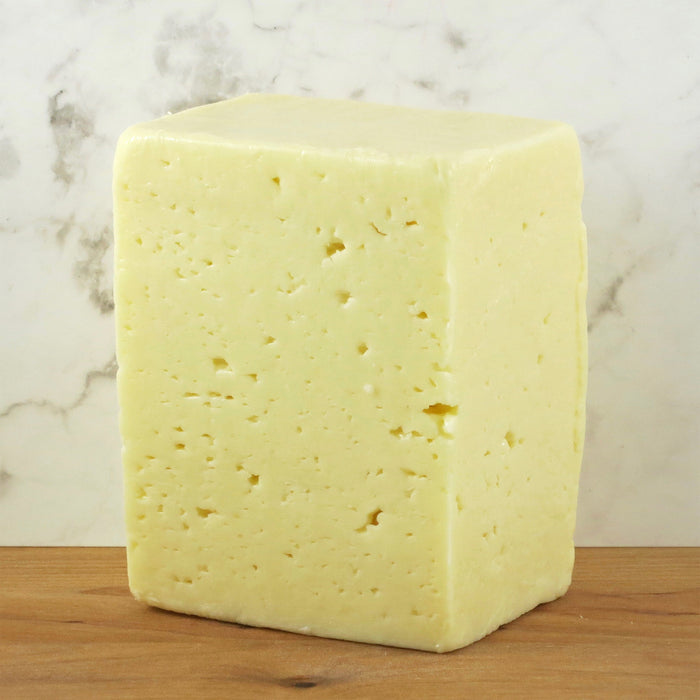Health Benefits of Zinc
What are the health benefits of zinc?
Zinc is an essential mineral that plays a crucial role in many aspects of health. Some of the key health benefits of zinc include:
- Immune function: Zinc is important for the normal development and function of immune cells. It helps to support a healthy immune response and may reduce the risk of infections.
- Wound healing: Zinc is involved in the process of wound healing, as it helps to promote cell growth and repair.
- DNA synthesis: Zinc is necessary for the synthesis of DNA, which is important for cell division and growth.
- Sense of taste and smell: Zinc is involved in the function of taste and smell receptors, so adequate zinc intake is important for maintaining these senses.
- Healthy growth and development: Zinc is crucial for normal growth and development during pregnancy, infancy, and childhood.
- Eye health: Zinc is found in high concentrations in the eye, particularly in the retina. It plays a role in maintaining healthy vision.
- Skin health: Zinc is important for maintaining the health of the skin and may help to reduce the severity of acne and other skin conditions such as rosacea, diaper rash, and psoriasis.
- Antioxidant activity: Zinc has antioxidant properties, which means it helps to protect cells from damage caused by free radicals.
- Hormone regulation: Zinc is involved in the regulation of hormones, including insulin, which is important for blood sugar control.
- Mood and mental health: Some research suggests that zinc may play a role in mood regulation and may help to improve symptoms of depression.
Including zinc-rich foods in your diet, such as meat, shellfish, legumes, nuts, seeds, and dairy products, can help ensure you get an adequate intake of this important mineral. If you’re concerned about your zinc intake, speak with a healthcare provider or dietitian.
What are the health risks of zinc?
While zinc is important for health, consuming too much zinc can lead to health risks. Here are some potential risks of excessive zinc intake:
- Digestive issues: High doses of zinc can cause digestive problems such as nausea, vomiting, diarrhea, and stomach cramps.
- Reduced immune function: While zinc is important for immune function, excessive zinc intake can actually suppress the immune system.
- Copper deficiency: High levels of zinc can interfere with the absorption of copper, leading to a copper deficiency. Copper is important for the formation of red blood cells and for maintaining healthy bones and nerves.
- Reduced absorption of other minerals: Excessive zinc intake can interfere with the absorption of other minerals, such as iron and magnesium.
- Neurological issues: Very high doses of zinc can lead to neurological issues, including numbness and tingling in the extremities and problems with balance and coordination.
- Prostate cancer risk: Some studies suggest that high levels of zinc may be associated with an increased risk of prostate cancer, although more research is needed to confirm this.
It’s important to get the right amount of zinc in your diet. The recommended dietary allowance (RDA) for zinc varies depending on age, sex, and other factors. For most adults, the RDA for zinc is 8-11 mg per day. It’s best to get zinc from food sources rather than supplements, unless recommended by a healthcare provider. If you’re concerned about your zinc intake, speak with a healthcare provider or dietitian.
What foods are rich in zinc?
Zinc is found in a variety of foods, particularly animal-based foods. Here are some foods that are rich in zinc:
- Meat: Beef, pork, and lamb are excellent sources of zinc. Red meat is particularly rich in this mineral.
- Shellfish: Oysters, crab, and mussels are among the best sources of zinc.
- Poultry: Chicken and turkey are good sources of zinc, especially in the dark meat.
- Legumes: Beans, lentils, and chickpeas are good plant-based sources of zinc.
- Nuts and seeds: Pumpkin seeds, cashews, almonds, and hemp seeds are good sources of zinc.
- Dairy: Milk, cheese, and yogurt contain zinc, with cheese being the richest source among dairy products.
- Whole grains: Some whole grains, such as wheat germ, quinoa, and oats, contain zinc.
- Fortified foods: Some breakfast cereals and other fortified foods may contain added zinc.
Including a variety of these foods in your diet can help you meet your daily zinc needs. If you’re concerned about your zinc intake, speak with a healthcare provider or dietitian.




